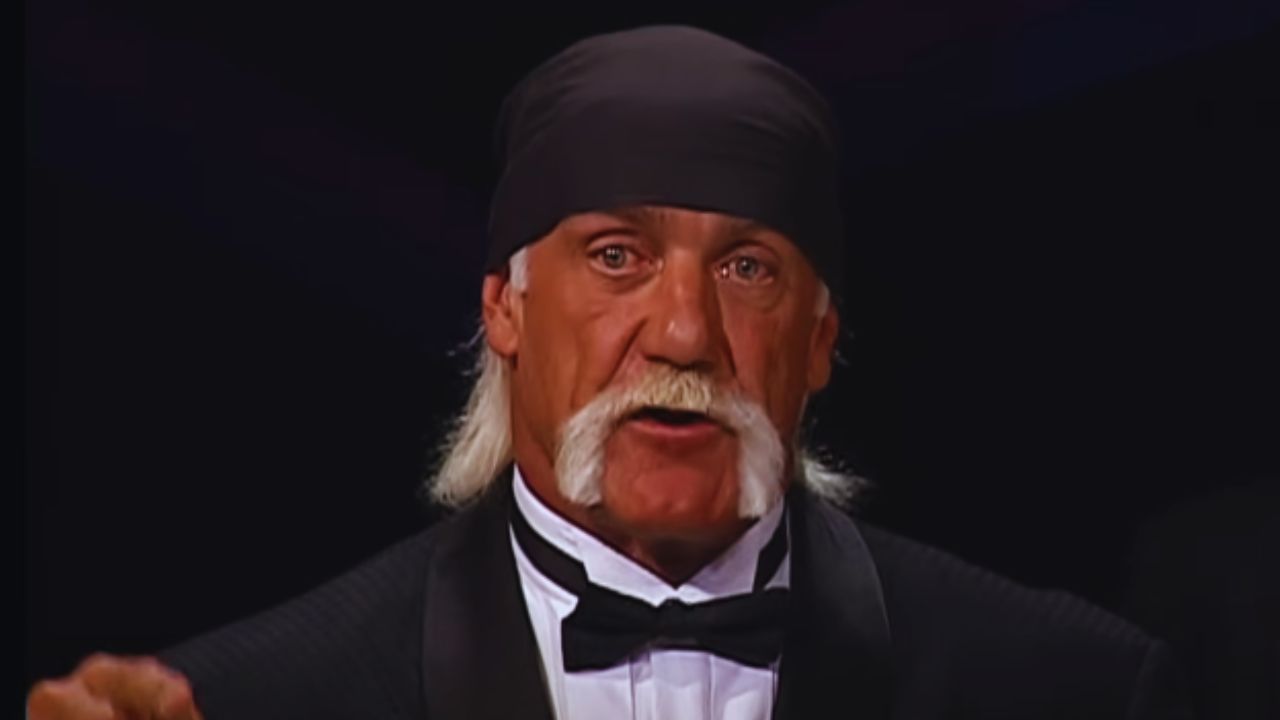Hulk Hogan says what he thinks killed WCW
In a frank conversation with Sports Illustrated, wrestling legend Hulk Hogan talked about the end of World Championship Wrestling (WCW). He explained what he thinks caused the company to fail in the end.
How WCW rose and fell
When Eric Bischoff was in charge of WCW in the late 1990s, it became a strong rival to WWE (then WWF). Based on the popularity of names like Hulk Hogan, Kevin Nash, and Scott Hall, WCW dominated WWE Raw in the TV ratings for an amazing 83 weeks. During that time, professional wrestling changed a lot, and what started as the Monday Night Wars spread quickly.
The merger of AOL and Time Warner was a fatal blow
But Hogan said that the combination of America Online (AOL) and Time Warner in 2001 was a turning point in WCW’s history that meant the end of the company. Hogan says that this merger of companies was the start of the end for WCW. He said, “There was no way WCW was going to survive, not under those circumstances.”
Disconnect in the workplace and Wrestling’s identity crisis
Hogan didn’t hold back when he talked about the clash of business cultures that happened after the merger. He remembered that leaders from the newly formed AOL-Time Warner company didn’t know much about professional wrestling and didn’t want it to be a part of their business. “They wanted more traditional shows.” “They didn’t want wrestling to be part of their high-brow portfolio,” Hogan said.
Hogan said that this separation made things impossible for Eric Bischoff, who was finding it hard to lead WCW through rough seas. Even though Bischoff worked hard and had the backing of famous wrestlers like Tony Schiavone and Konnan, WCW was at odds with the business bosses, who didn’t care about the unique draw of professional wrestling or its loyal fan base.
The Legacy and Effects
Even though WCW is no longer around, it had a huge effect on the wrestling business. The competition between WCW and WWE pushed both companies to come up with new ideas and improve their shows, stories, and performers in the ring. “WCW would always remain a major driving force for WWE’s success,” Hogan said, recognizing the long-lasting impact of WCW.
A Look Ahead
Wrestling fans are still arguing about what WCW meant and where it fits in history. Hogan’s thoughts are a powerful reminder of how complicated it is for business decisions to affect the artistic world of professional wrestling. Even though WCW has ended, its influence is still felt and can be seen in how sports entertainment is changing.
Finally, Hogan’s thoughts on the end of WCW not only show the business problems the promotion had, but they also show how passionate and dedicated the people were who worked on it throughout its long past. As the wrestling world changes, it’s still important to learn from WCW’s fall in order to understand how dynamic and always-changing professional wrestling is.




